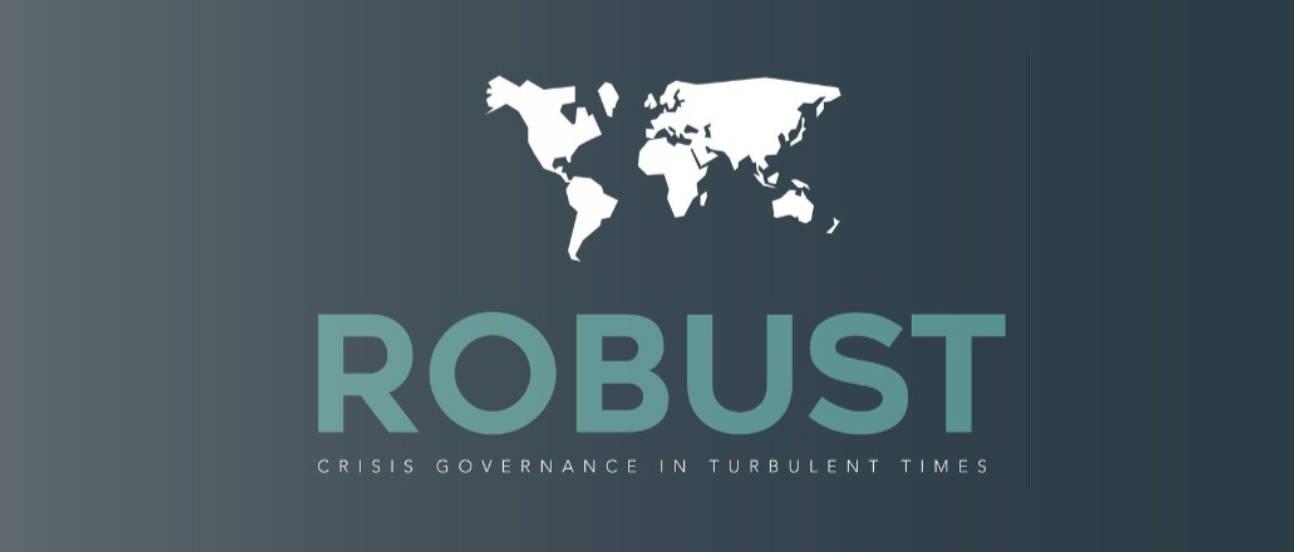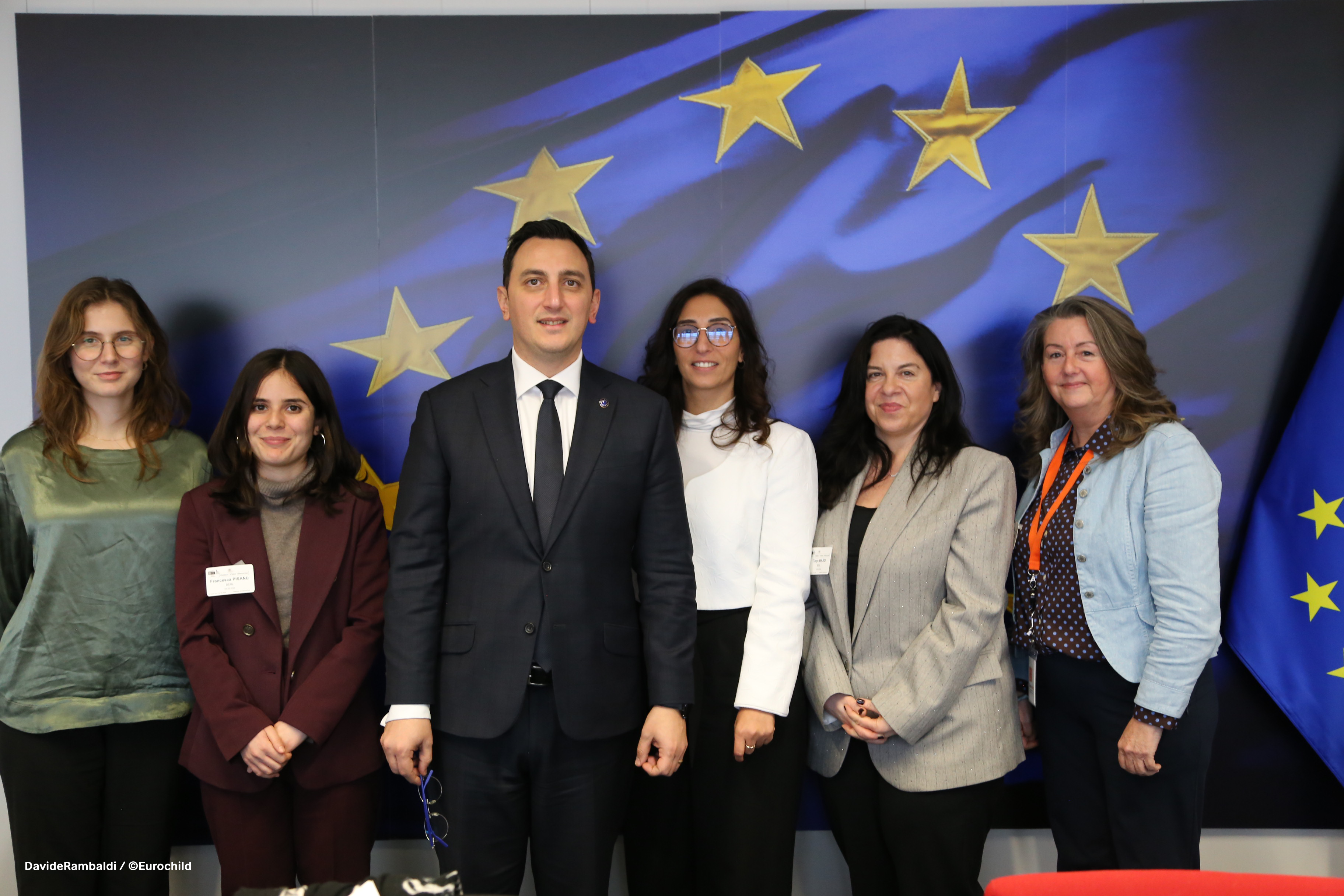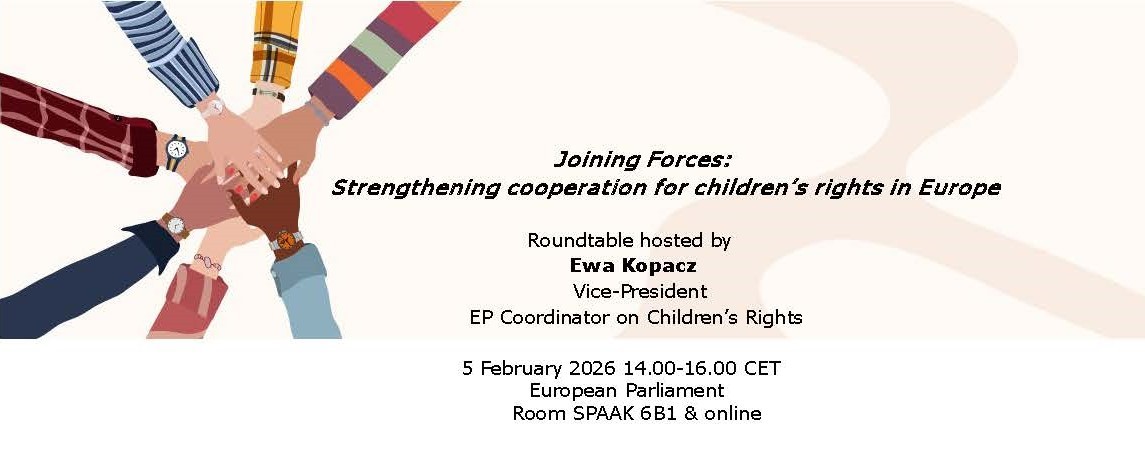Robust governance in turbulent times
A blog by Ally Dunhill, Eurochild Director of Policy, Advocacy and Communications, who participated in the ROBUST Crisis Governance in Turbulent Times, a stakeholder meeting in Brussels, which proved to be an inspiring experience.
The event brought together a wide range of stakeholders, including NGOs, research groups, local governments, and more. We all took part in a dynamic co-creation workshop, where we explored the feasibility of various policy recommendations. The input gathered will play a key role in shaping future policy briefs for the project. I shared the Eurochild report Growing Up in Lockdown, which reflects on the effects of the coronavirus pandemic on children. It compiles information gathered from 25 countries across Europe and provides recommendations for improving public policies in the short and long-term to support better outcomes for children and families.
Jacob Torfing, the Principal Investigator, opened the meeting with thought-provoking insights. He stressed how short-term crises can often derail long-term policy goals and emphasised the importance of developing governance strategies that are resilient and adaptable to constant change.
Andrea Pettrachin’s presentation on Work Package 3 of the research introduced the concept of multi-level governance (MLG) and how it enables collaboration across different sectors and government levels. Case studies from the COVID-19 and refugee crises showed how MLG can ensure robust, coordinated crisis responses by involving diverse stakeholders.
Steven Nõmmik’s Work Package 4 presentation on governance hybridity highlighted the combination of different governance measures to tackle crises. He presented case studies from Estonia and UK demonstrating the opportunities and challenges that arise when hybrid governance systems operate under crisis pressures.
Chiara Russo’s Work Package 5 session explored societal intelligence, which leverages diverse knowledge systems to enhance decision-making during crises. She emphasised the need for adaptive, inclusive knowledge-sharing platforms and case studies revealed how tailored approaches can improve crisis response outcomes.
Overall, it was an enriching and insightful morning. A big thanks to the organisers, presenters, and everyone involved for making this event so interactive. For more information and if you are interested in engaging with this research, I recommend joining the ROBUST Learning Hub to stay connected and learn more about the project here.





